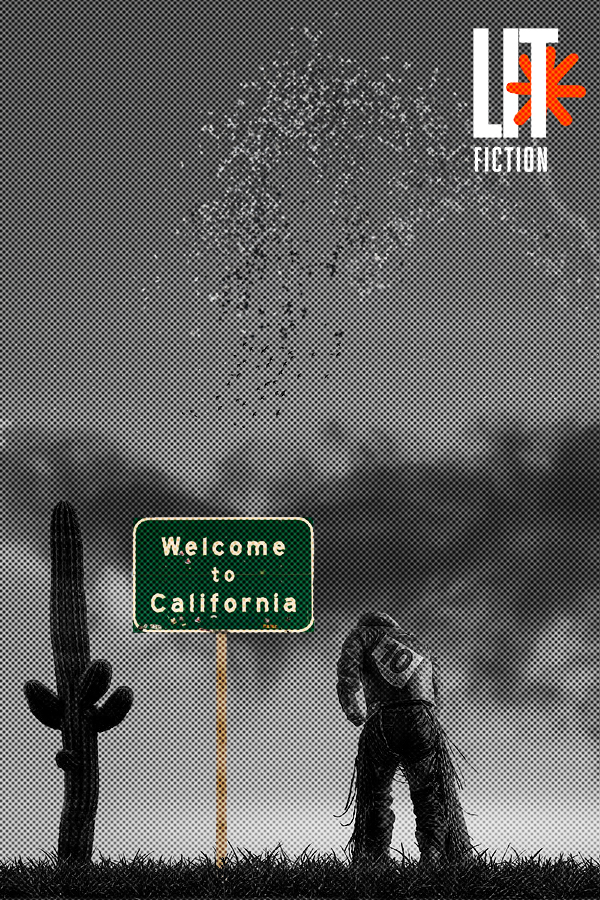This week, Joey, Colin, and Jennifer discuss: “Thataway,” by Thomas O’Bane, from The New Yorker. The story is a nuanced exploration of family dynamics, personal aspirations, and unresolved emotional struggles, revolving around the members of a dysfunctional family. The narrative particularly focuses on Cooper, a wannabe cowboy turned furniture baron, and his complex relationships with his family members as they come together in the wake of their shared past.
Our Thoughts
Colin opens the discussion by reflecting on the subtlety of the story compared to others they have read. He notes the themes of connection and disconnection within the family and admires the cowboy imagery associated with Cooper. Colin appreciates how the omniscient narrator gives readers insight into multiple characters’ perspectives, which he feels adds depth to the story.
“What kind of story is this? It’s about lonely members of a dysfunctional family seeking connection… I thought it was a great story, a subtle story.”
— Colin
Joey initially felt disappointed when the story shifted focus from the female characters to Cooper but later came to appreciate the shift after reflecting on the narrative. He compares Cooper to Genji from “The Tale of Genji,” interpreting Cooper as a medium through which readers learn about the women in the story.
“Cooper is the medium so that we can learn the story of all of these women’s lives, and that changed my perspective completely.”
— Joey
Jennifer shares her initial reservations, finding the story predictable at first, but soon finds herself drawn into the characters’ complexity. She praises the balance of male and female voices in the story and highlights how the narrative explores themes of death and redemption through the dynamics of the family.
“I was really drawn into the way they reflect each other, the way they’re limiting each other. There’s this great balance of male and female voices.”
— Jennifer
Key Themes Discussed
- Family Dysfunction and Longing for Connection: All the participants touch on how the story revolves around the characters’ attempts to connect with one another despite the emotional baggage they carry.
- Cowboy Imagery and Identity: Colin and Joey discuss how Cooper’s cowboy persona serves as both a mask and an aspiration, giving him confidence but also highlighting his insecurities.
- Generational Trauma and Gender Dynamics: Jennifer and Joey explore how the story reflects on the generational trauma within the family and how both male and female voices contribute to the complexity of the narrative.
- Death and Redemption: The story’s treatment of death—particularly with Mildred’s passing—creates a space for the characters to reflect on their lives and relationships, touching on themes of grief and redemption.
Conclusion
The group concludes by reflecting on how “Thataway” skillfully combines subtle character development with larger themes of family, identity, and the search for meaning. While the story leaves certain emotional arcs unresolved, it provides a rich, layered exploration of how people grapple with their pasts and their identities within a family. Ultimately, the narrative invites readers to consider the masks people wear and the long-standing effects of generational trauma.

